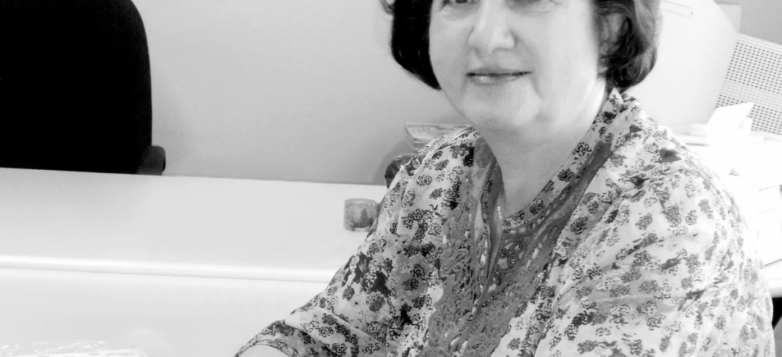You know, very, I don’t know what did they do, the things were all over the place. The machine, for example, was ruined, an old stove was taken upstairs, you know, I don’t know how did they carried them, those things. There was a lot of disorder in the building, empty apartments, without anything inside them. They didn’t touch the pictures and some documents because, after all, it was a building.
And one, one resident there, she was Dalmatian, older, she didn’t have anywhere to go, so she stayed there. She told us that they brought the truck at the entry, so we couldn’t see what they took, what are they loading. Cassettes, we had a lot of video cassettes, all with serious music, recorded, different kinds. My husband was fond of classical music, he used to record instrumentals, orchestras, of different kind. We found those in another building. So, unexplained things happened, I don’t know, I don’t know.
But it’s interesting how one remembers everything he had, it happened a few times, people don’t remember everything they have, but if the things are missing… It was a bit funny. I made the list of everything that was missing because I knew what I had in my cabinet. Only notes, notes, my songs and so, I, I threw them behind the cabinet, there was free space but couldn’t go down further, I found them there.
Pranvera Badivuku was born in 1945 in Peja. She graduated from the Musical Pedagogical Academy in Skopje, Macedonia. An award-winning composer known for her children’s and adult songs, she is among the first female composers in Kosovo, and. From 1979 until a massive expulsion from work in 1990, she worked at Radio Pristina as a producer and editor for the music program. Today, she is retired and lives in Pristina.
